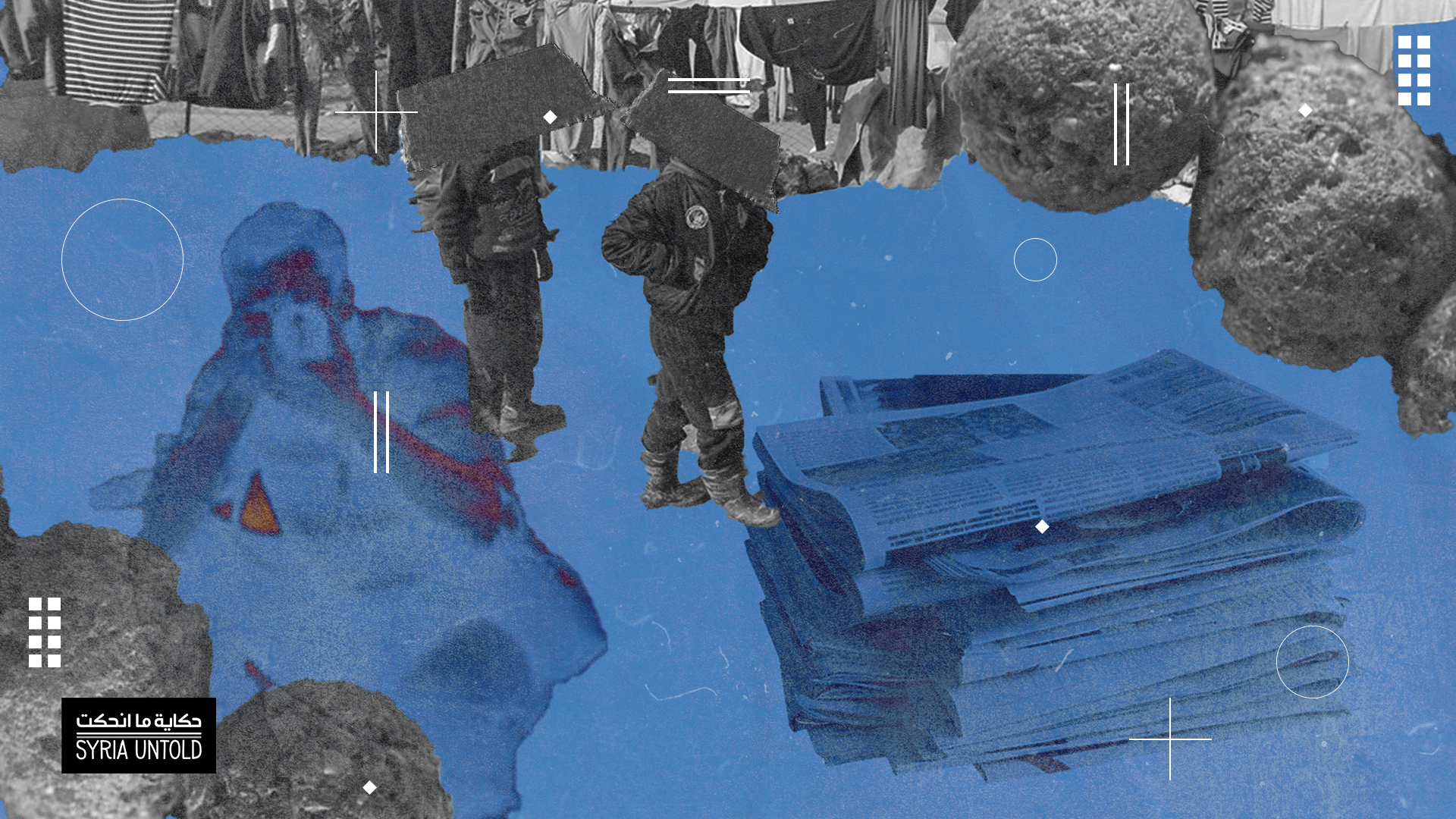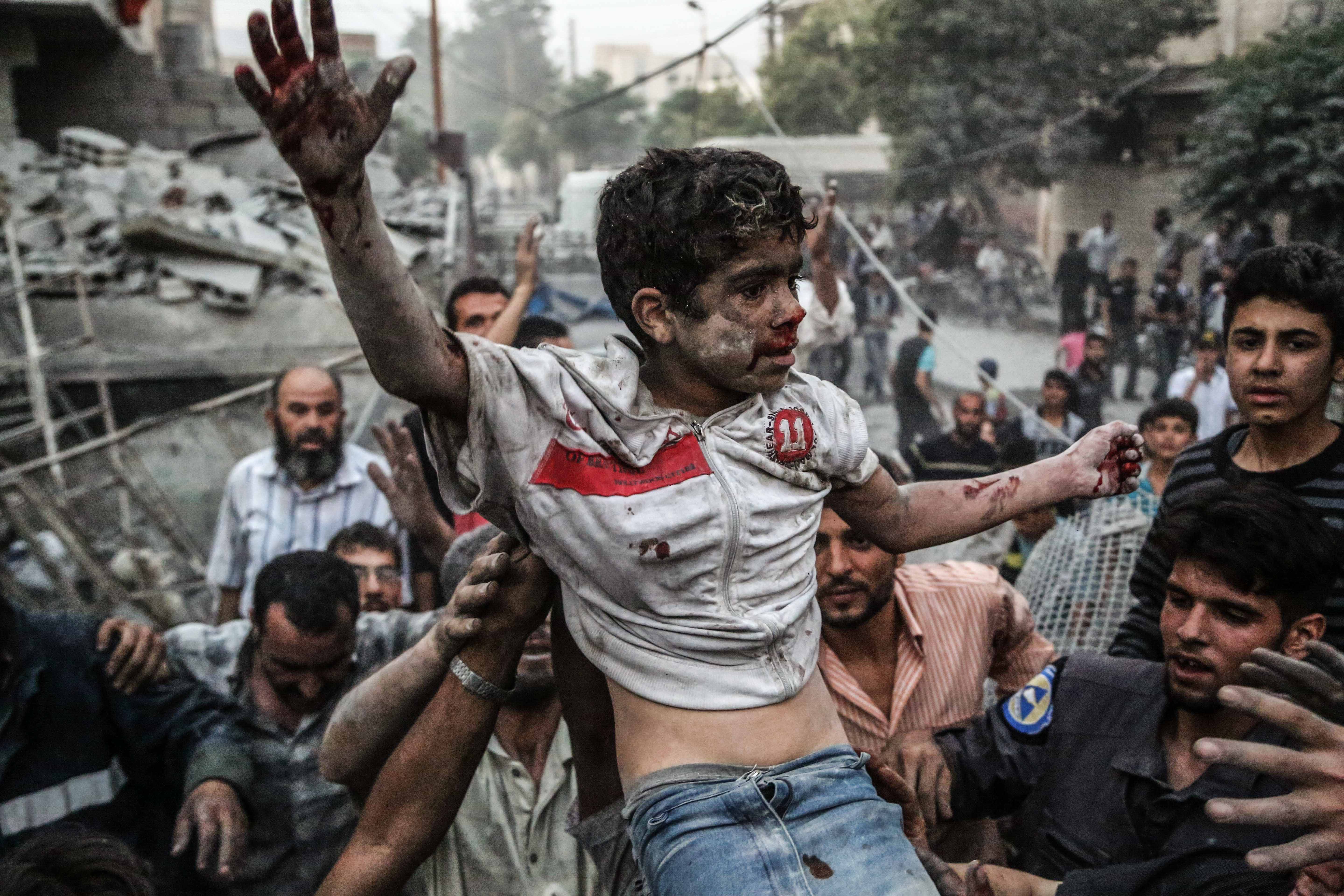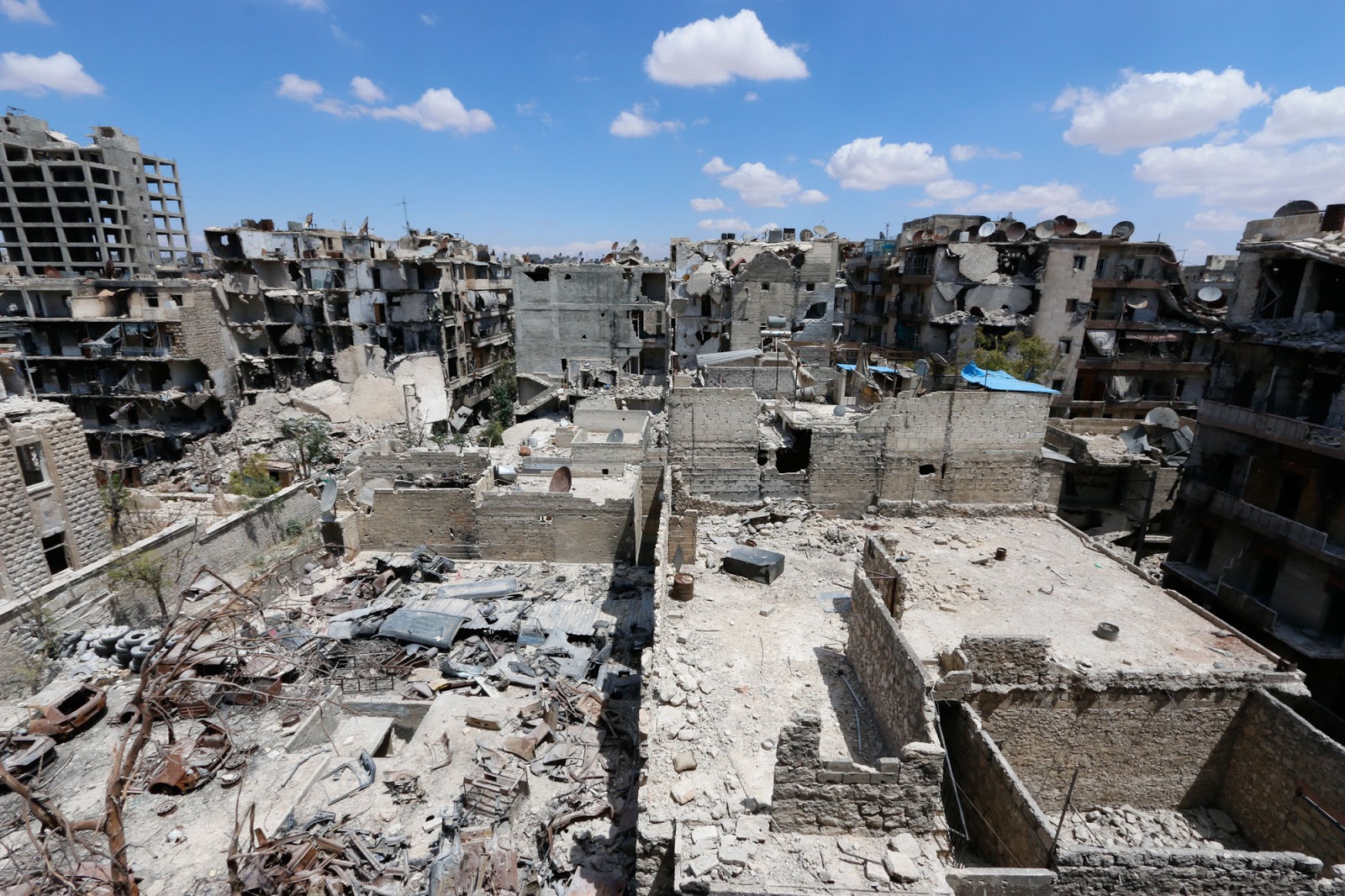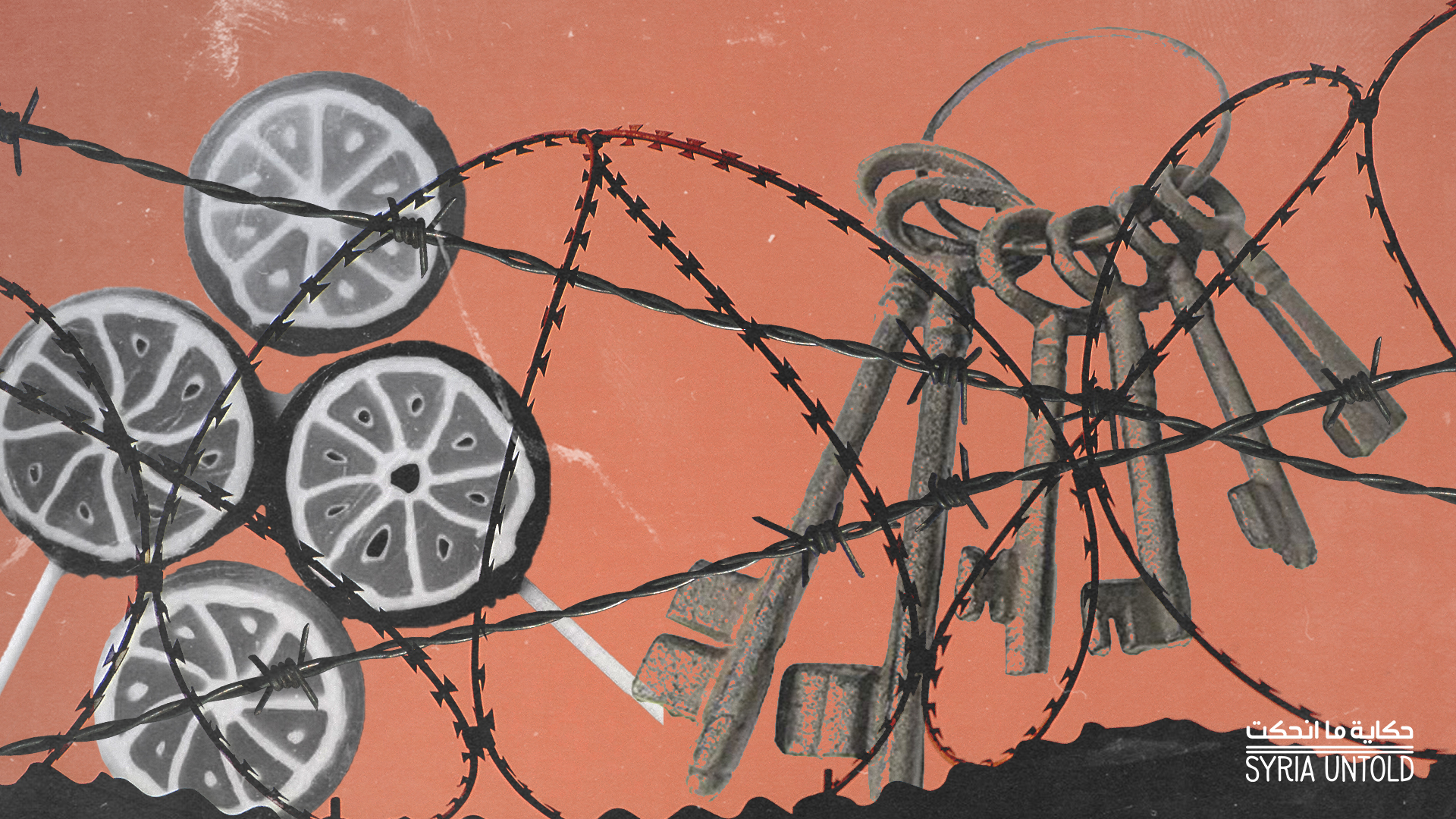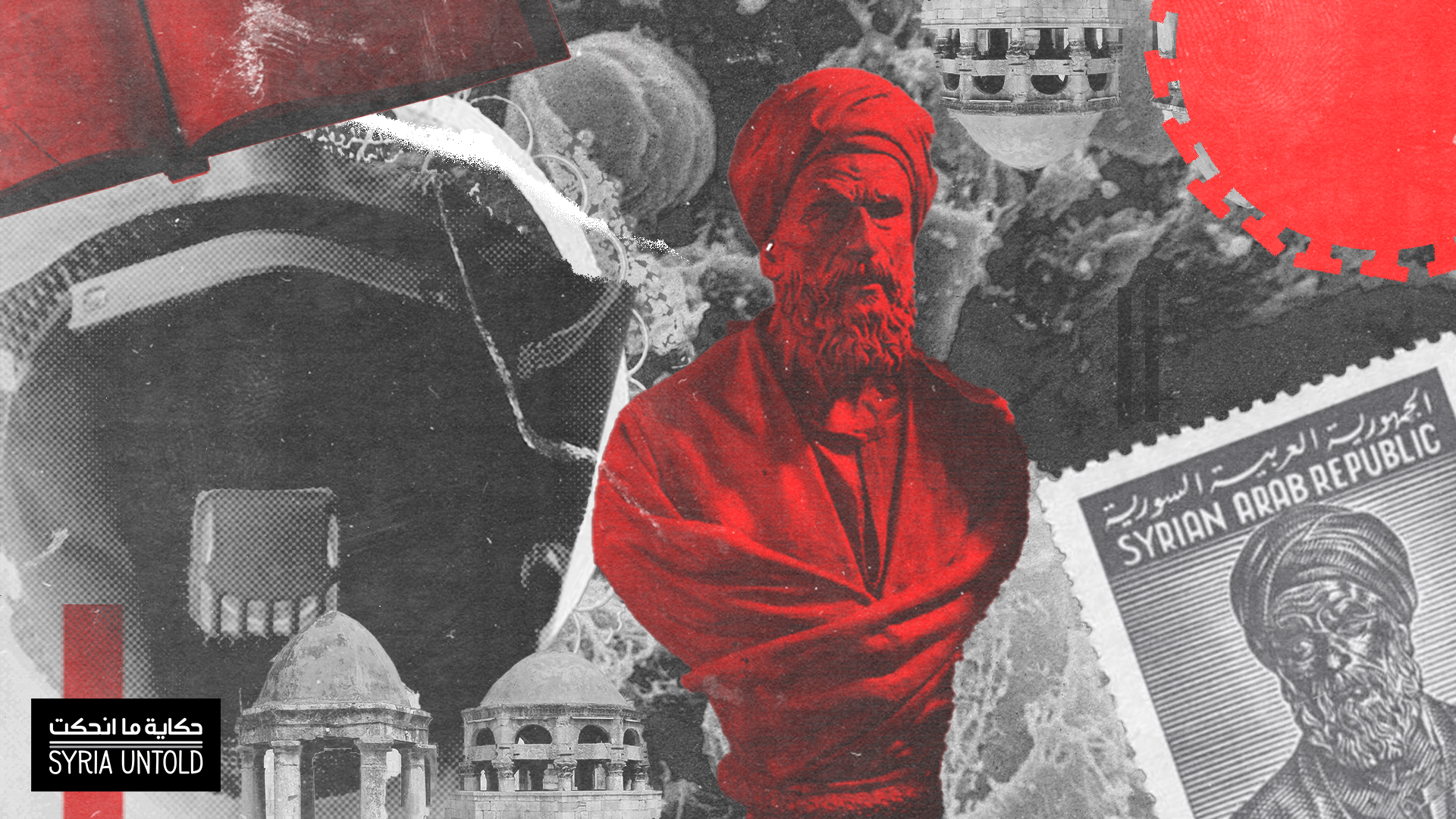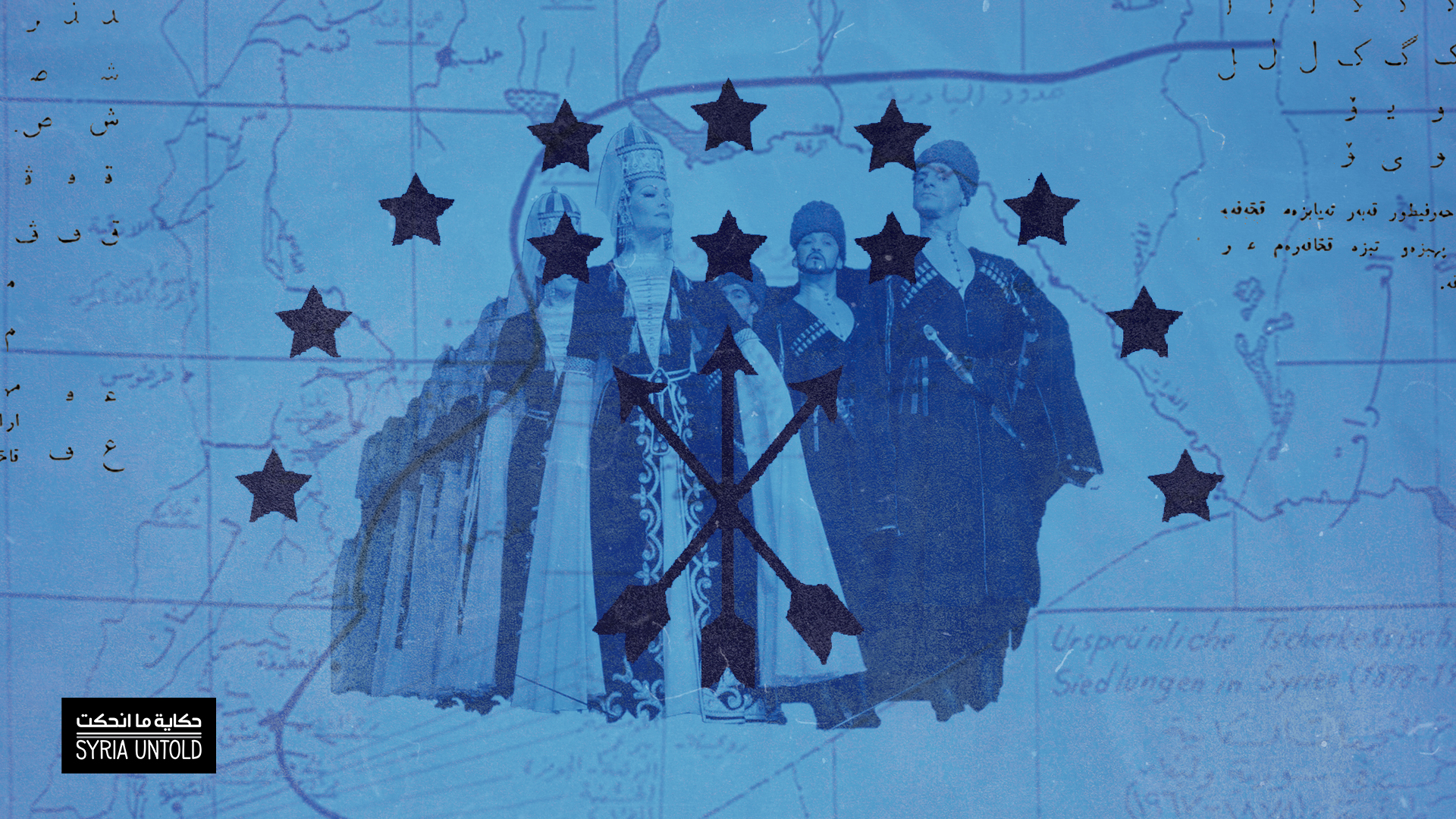Read this piece in its original Arabic here.
In 2015, I went with one of my German friends, a journalist working with a major German newspaper, to the city of Kobane in Syria. The entire world had watched in the weeks leading up to our trip as Kurdish-led forces expelled the Islamic State from the city, making Kobane a household name.
The newspaper where my friend worked had asked me to accompany him from Berlin, where we both lived, to my home country Syria, the bride of news bulletins at the time. I was to help him write his story and to serve as his “fixer” for the duration of his assignment in northern Syria. They also learned of my desire to write my own news article from the city.
We headed to Kobane. My friend had just one task—to write his story—while I had two: to write my own story, which would later be published in the London-based newspaper Al-Hayat, and to be my friend’s fixer.
I had previously worked with journalists from Europe and the Americas in both Lebanon and Syria, but never before had I simultaneously been both journalist and fixer. Fixers have been defined as “local people who work behind the scenes helping foreign correspondents get their work done. They serve as interpreters, set up hotels and drivers, book interviews and secure access to locations. They largely work in the shadows, often uncredited.”
Journalists in northwestern Syria: Between exploitation and displacement
23 September 2021
War note
22 December 2020
We arrived in a village near Kobane and met with some residents who had just returned to their homes. In our group were journalists from Germany, Austria, Turkey, the United States and Brazil. I was the only one in the group who could speak Arabic, English, Kurdish and German, so I became everyone’s interpreter, translating for the village residents on one side and the journalists on the other. I became everyone’s fixer, not just my friend’s.
I entered almost all of the houses in the village. The Kurdish homeowners let me in so that I could translate for them what the Islamic State fighters had written on their walls in Arabic. They didn’t know Arabic, so I translated the writing into Kurdish for the residents, and then into English for the journalists.
The villagers thanked me by serving me and the other journalists breakfast in the open air, preventing us from moving onward to Kobane until we had eaten and enjoyed some conversation. I became the center of the conversation because of my mastery of different languages and because I’m from northern Syria, so I know their customs and traditions. I translated between everyone’s chatter and took part in the discussions myself.
After we finally arrived in Kobane, my German friend told me he had never seen someone win over so many people before. We reached the conclusion that accessing information and gathering people’s stories comes from trust, and trust comes from standing with the people who own these stories. People are clever. They can sense when a journalist is on their side and wants to convey their stories, versus when a journalist simply sees them as material for a newspaper article.
Gaining people’s trust and siding with the oppressed and the weak—these are among the most important personal criteria for a good journalist, as well as for a good fixer.
Though they have different tasks, and different definitions according to some people, I see the work of fixers as journalism. The fixer might not have some of the skills typically considered to be part of journalism, but they do possess the ability to access information and build trust with the local community.
But in addition to this is their knowledge of the details of the conflict (if they are in a war zone) and their full familiarity with the journalistic story they are working on, they possess the necessary geographical knowledge to carry out the assignment and speak the language of the local community. Journalists from other geographic areas may not have these skills. Indeed, it is still not required of foreign correspondents in a given region to know the language of that place, its geography, how to use local transportation—this remains the purview of the fixer.
Gaining people’s trust and siding with the oppressed and the weak—this is one of the most important personal criteria for a good journalist, as well as for a good fixer.
The fixers are the leaders of the work team, and the ones responsible for the safety of their colleagues. They are the ones who know the place and its details, who secure the means of transportation and communication. They are the true leaders in the fieldwork part of the job, yet they remain unknown to the readers, viewers and listeners. They receive their payment, or whatever was agreed upon in advance, and that’s it.
Reporters follow their fixers, especially in conflict or war zones. If they don’t listen to the fixer’s advice, they might lose control of their safety. The group could face arrest, targeting, kidnapping or killing, all things that happen often. This brings us to the topic of trust.
A decade on, how can we work to free Syria’s detainees?
16 April 2021
Reporters and fixers cannot work together without complete trust on both sides. How many times have reporters worked with fixers they didn’t know, and so the “fixers” handed them over to conflicting parties in exchange for a bit of money or for ideological reasons? There are many examples.
One of the most important skills required of a fixer is sensitivity (or should we call it a sixth sense?), their intellect and their deliberation in making decisions—especially in conflict zones. Their tasks are split into two main parts: those that must be done before the fieldwork, and those during fieldwork. They must prepare the transportation and means of communication before the correspondent arrives, as well as secure any necessary equipment and lodging. They must become acquainted with the area, become familiar with the latest legal, military and social developments there, search for sources whom the correspondent can interview and set the dates for those interviews. Finally, they must find all the facilities that the press team might need, restaurants or otherwise.
And of course, during the fieldwork the fixer must coordinate access to the areas the correspondents wish to visit and facilitate all of the tasks for the ultimate goal, which is to produce a high-quality story and keep the team safe.
The fixer is the hidden hero, the soldier who nobody remembers if he dies in battle. No one mentions his name when the correspondent wins a prize for their story, which would not have seen light if it weren’t for the fixer.
And yet, the fixer often remains exploited by various parties, not least the team of correspondents working with them.



